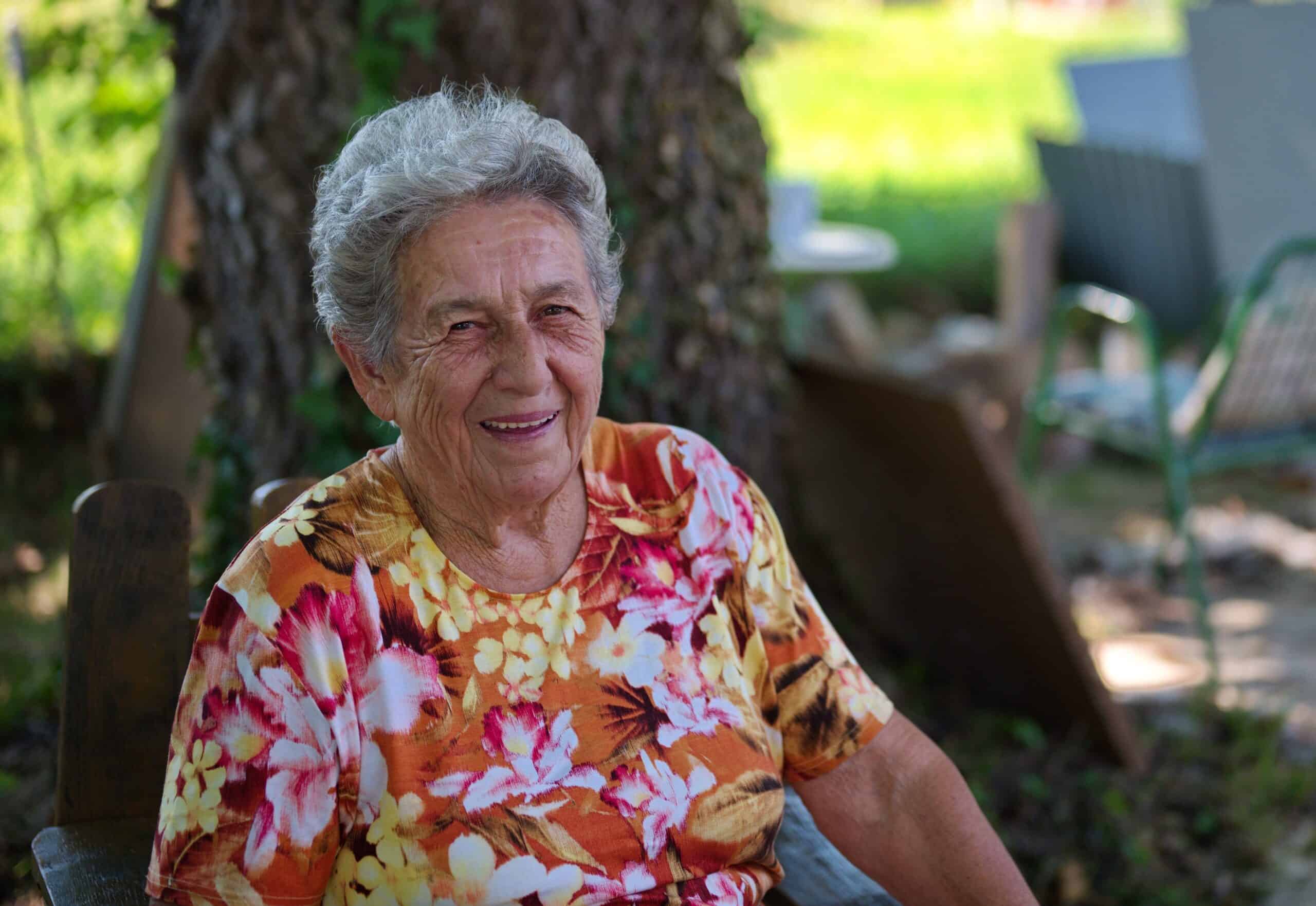The Present: June 17
June 17, 2014 During our Rotary Club meeting this morning, we had a guest speaker talk with us about Parkinson’s Disease. The speaker told of her experience with the disease from a unique perspective: she was a nurse. She had no idea what was wrong with her initially. People told her that her arm was not moving when she walked. She had no pain and dismissed it as the result of having over used it because she had moved twice in a short period of time. She thought perhaps it was frozen shoulder syndrome and would get better over time. But it did not get better, and there were a few other symptoms, like losing her sense of smell and not sleeping well. She said she was the picture of health before the onset of her immobile arm…she swam and jogged regularly.
Her husband prodded her to get a diagnosis, so they saw numerous doctors before finding one that diagnosed her correctly after just a few minutes of questioning. Of course there were clinical tests prescribed to determine if his diagnosis was correct, and it was.
The nurse attributed her disease to our toxic environment. She talked of a polluted well from which she drank, and chemical spraying for eliminating bugs from her house. She said lawn sprays are bad too. She said we are all different biological beings, with different tolerances and thresholds for different toxins, but all toxins are bad and are to be avoided, including underarm anti-perspirant/deodorant. I have not used anti-perspirant products for years…ever since I was waiting in a doctor’s inner office once and a book of drug compositions and side effects was open to a page listing the ingredients and warnings of the stuff. Sorry if I stink. I do have a good sense of smell.
She said for some people, toxins trigger cancer cell growth. For her, the toxins triggered her body to stop producing dopamine, which is what Parkinson’s is. There is no cure for Parkinson’s, but there is brain surgery and an implant for managing the tremors that are typical of the disease. She said the disease affects 1 person in 100. I didn’t realize it was that prevalent. The nurse with Parkinson’s currently volunteers at UK researching better ways to treat the disease. For more information on Parkinson’s Disease, go to: www.parkinson.org
10 Early Warning Signs of Parkinson’s Disease
Sometimes it is hard to tell that you might have Parkinson’s disease. Parkinson’s disease is when your brain stops making an important chemical called dopamine. This chemical helps your body to move, and helps your mood. If you do have Parkinson’s, you can feel better by taking a pill that helps your body to replace that chemical. Parkinson’s disease will get worse slowly over time, and your doctor can help you stay healthy longer. Some of the problems listed here could be signs of Parkinson’s disease.
No single one of these signs means that you should worry about Parkinson’s disease. If you have more than one symptom, you should make an appointment to talk to your doctor.
Early diagnosis of Parkinson’s disease gives you the best chance of a longer, healthier life.
What you can do if you do have Parkinson’s disease:
Work with your doctor to create a plan to stay healthy. This plan might include:
A referral to a neurologist, a doctor who specializes in the brain
Care from an occupational therapist, physical therapist or speech therapist
Meeting with a medical social worker to talk about how Parkinson’s will affect your life
Start a regular exercise program to delay further symptoms.
Talk with family and friends who can provide you with the support you need.
Tremor or Shaking
Have you noticed a slight shaking or tremor in your finger, thumb, hand, chin or lip? Does your leg shake when you sit down or relax? Twitching or shaking of limbs is a common early sign of Parkinson’s disease.
What is normal? Shaking can be normal after lots of exercise, if you have been injured, or could be caused by a medicine you take.
Small Handwriting
Has your handwriting suddenly gotten much smaller than in it was in the past? You may notice the way you write words on a page has changed, such as letter sizes are smaller and the words are crowded together. A sudden change in handwriting is often a sign of Parkinson’s disease.
What is normal? Sometimes writing can change as you get older, if you have stiff hands or fingers or poor vision, but this happens over time and not suddenly.
Loss of Smell
Have you noticed you no longer smell certain foods very well? If you seem to have more trouble smelling foods like bananas, dill pickles or licorice, you should ask your doctor about Parkinson’s disease.
What is normal? Your sense of smell can be changed by a cold, flu or a stuffy nose, but it should come back after you are better.
Trouble Sleeping
Do you thrash around in bed or kick and punch while you are deeply asleep? You might notice that you started falling out of bed while asleep. Sometimes, your spouse will notice, or will want to move to another bed. Sudden movements during sleep may be a sign of Parkinson’s disease.
What is normal? It is normal for everyone to have a night when they ‘toss and turn’ instead of sleeping.
Trouble Moving or Walking
Do you feel stiff in your body, arms or legs? Sometimes stiffness goes away as you move. If it does not, it can be a sign of Parkinson’s disease. You might notice that your arms don’t swing when you walk, or maybe other people have said you look stiff. An early sign might be stiffness or pain in your shoulder or hips. People sometimes say their feet seem ‘stuck to the floor.’
What is normal? If you have injured your arm or shoulder, you may not be able to use it as well until it is healed or another illness like arthritis might cause the same symptom.
Constipation
Do you have trouble moving your bowels without straining every day? Straining to move your bowels can be an early sign of Parkinson’s disease and you should talk to your doctor.
What is normal? If you do not have enough water or fiber in your body, it can cause problems in the bathroom. Also some medicine will cause constipation too. If there is no other reason such as diet or medicine that would cause you to have trouble moving your bowels, you should speak with your doctor.
A Soft or Low Voice
Have other people told you that your voice is very soft when you speak in a normal tone, or that you sound hoarse? If there has been a change in your voice you should see your doctor about whether it could be Parkinson’s disease. Sometimes you might think other people are losing their hearing, when really you are speaking more softly.
What is normal? A chest cold or other virus can cause your voice to sound different but you should go back to sounding the same when you get over your cough or cold.
Masked Face
Have you been told that you have a serious, depressed or mad look on your face more often, even when you are not in a bad mood? This serious looking face is called masking. Also, if you or other people notice that you have a blank stare or do not blink your eyes very often, you should ask your doctor about Parkinson’s disease.
What is normal? Some medicines can cause you to have the same type of serious or staring look, but you would go back to the way you were after you stopped the medication.
Dizziness or Fainting
Do you notice that you often feel dizzy when you stand up out of a chair? Feeling dizzy or fainting can be signs of low blood pressure and can be linked to Parkinson’s disease.
What is normal? Everyone has had a time when they stood up and felt dizzy, but if it happens on a regular basis you should see your doctor.
Stooping or Hunching Over
Are you not standing up as straight as you used to? If you or your family or friends notice that you seem to be stooping, leaning or slouching when you stand, it could be a sign of Parkinson’s disease.
What is normal? If you have pain from an injury or if you are sick, it might cause you to stand crookedly. Also, a problem with your bones can make you hunch over.
Made possible through the generous support of the Medtronic Foundation and thousands of people with Parkinson’s and their families.
The post The Present: June 17 appeared first on Aging With Grace.






